The job cuts and model deletions are being blamed on a toxic brew involving cratering demand in China, a slump in diesel sales and changing investment priorities as car makers scramble to react to global trade turmoil and looming new technologies. And bobbing up in the whole debate is Brexit.
Nissan’s X-Trail reversal led national news bulletins because the announcement to install the model, just after the referendum in 2016, was hailed as an example of how Britain would shrug off Brexit and continue to attract investment. Nissan’s decision throws doubt on that belief, especially given the UK government offered Nissan a £61 million sweetener.
As the UK lurches blindfolded towards the 29 March end date of its membership of the EU, the Society of Motor Manufacturers and Traders (SMMT) has repeated its belief that leaving the EU with no deal would be “catastrophic” for the car industry.
Figures collated by the SMMT on investment into the UK car industry show a collapse from an average of around £2.5 billion a year to just under £600m in 2018 as the industry sits on its hands, waiting to see what will happen. “If it’s ‘Project Fear’, then we’re doing a good impression of it being a reality,” SMMT chief executive Mike Hawes said.
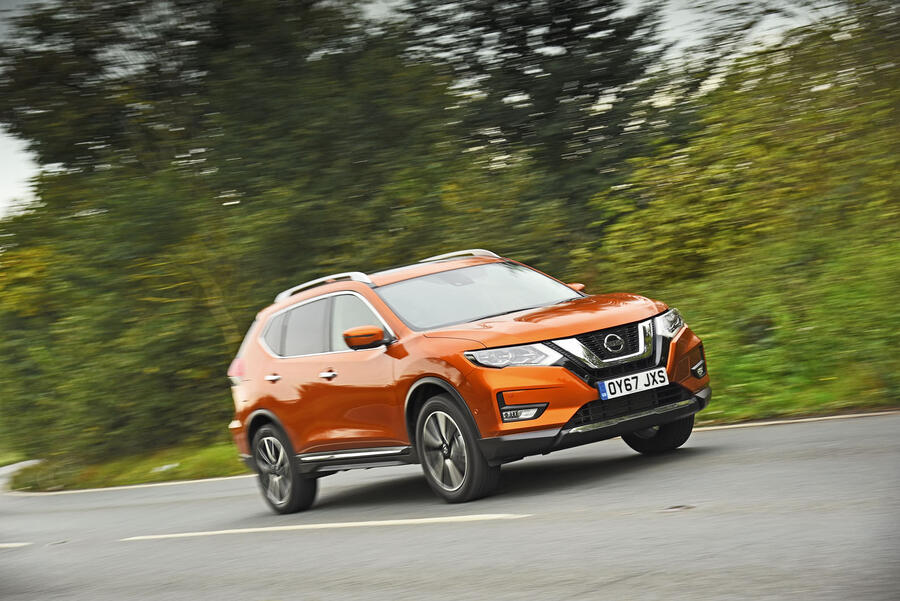
The worst case: five plants could close
The car industry has always disliked the idea of Brexit but remained sanguine in the belief that, in the words of Bentley CEO Adrian Hallmark, “common sense will prevail”. Increasingly, car makers are talking much tougher. As well as shutting down production through much of April to cushion disruption to parts supply in the event of a no-deal Brexit, makers are threatening plant closures. “Nothing would be off the table in a hard Brexit,” Ford of Europe CEO Steve Armstrong said in January.
Back in 2015, at the height of optimism about the industry, the SMMT’s production analyst forecasted the UK would break its all-time production record of 1.92 million cars, set in 1972, by 2017. By 2018, the UK would break through two million. Instead, car production last year fell 9% to 1.52 million.
Three, possibly five, factories could disappear in the doomsday scenario. “There’s a very real fear, even if there is a deal, that car companies will shift their investment elsewhere,” said Aston University’s David Bailey.
Bailey singles out Vauxhall’s ailing Ellesmere Port facility, which built just 77,481 Astras last year, as well as Jaguar Land Rover’s Castle Bromwich plant, which makes the slowselling XE and XF saloons.
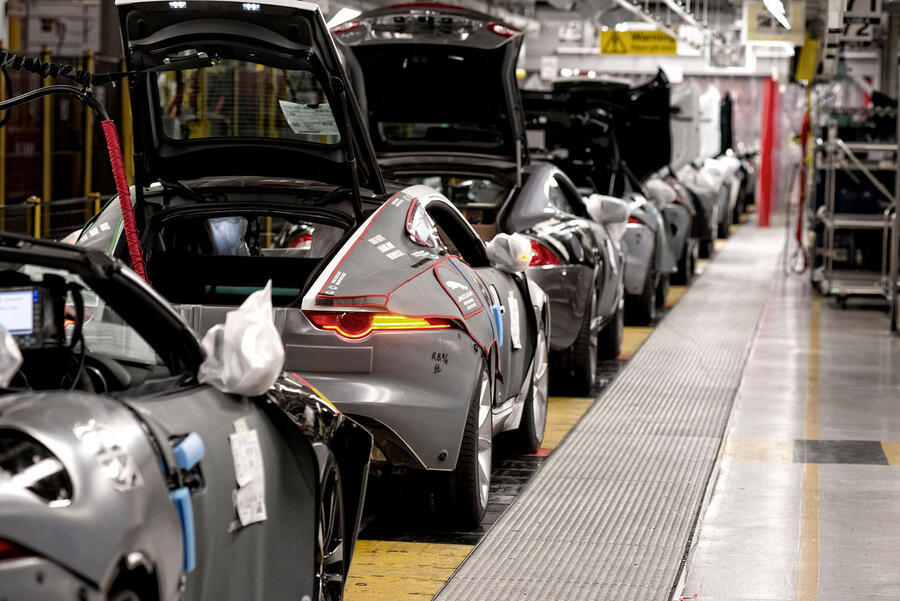

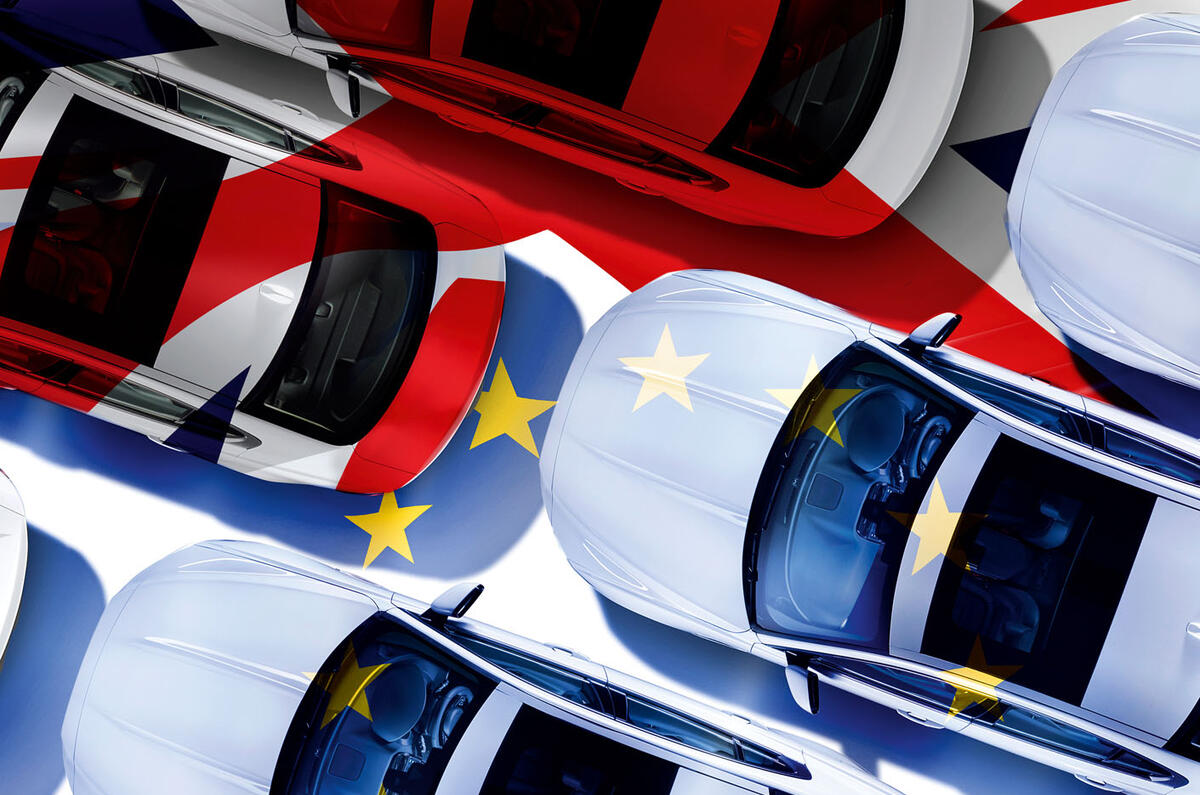







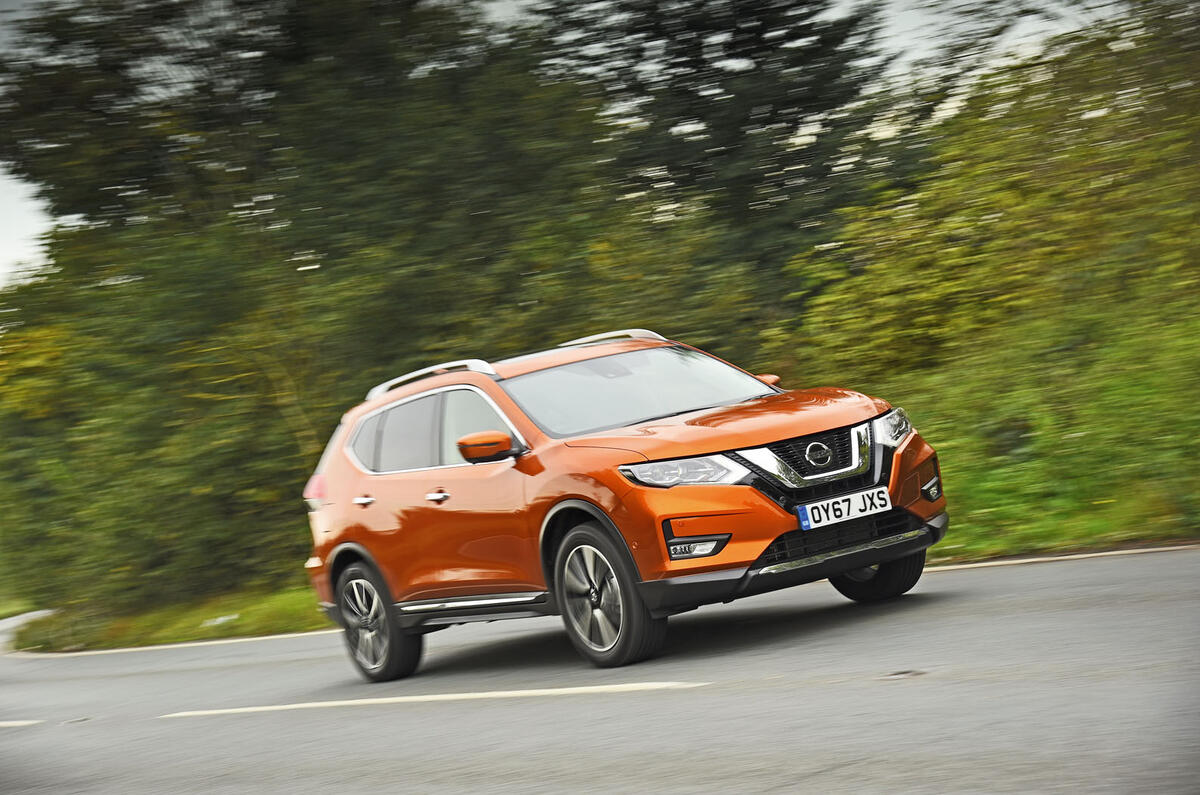










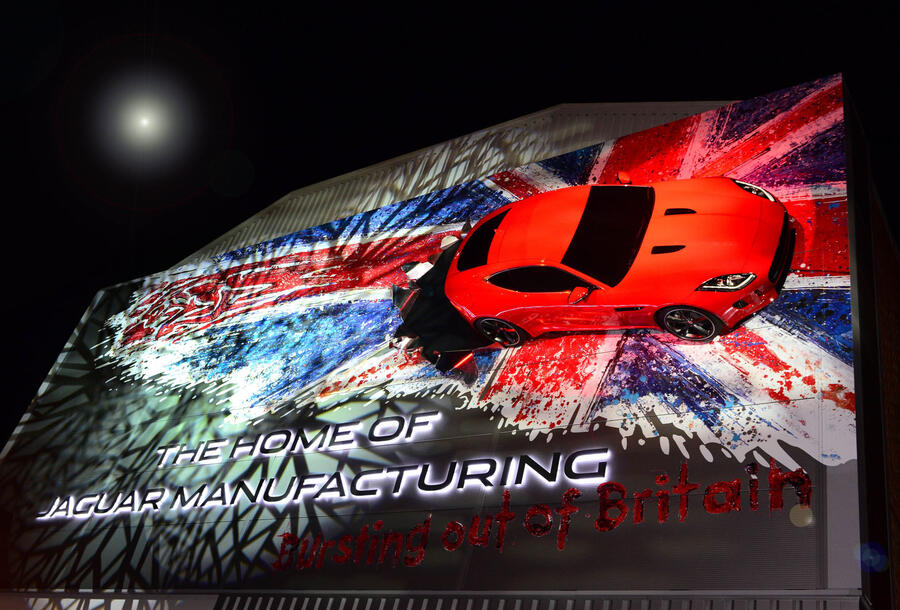
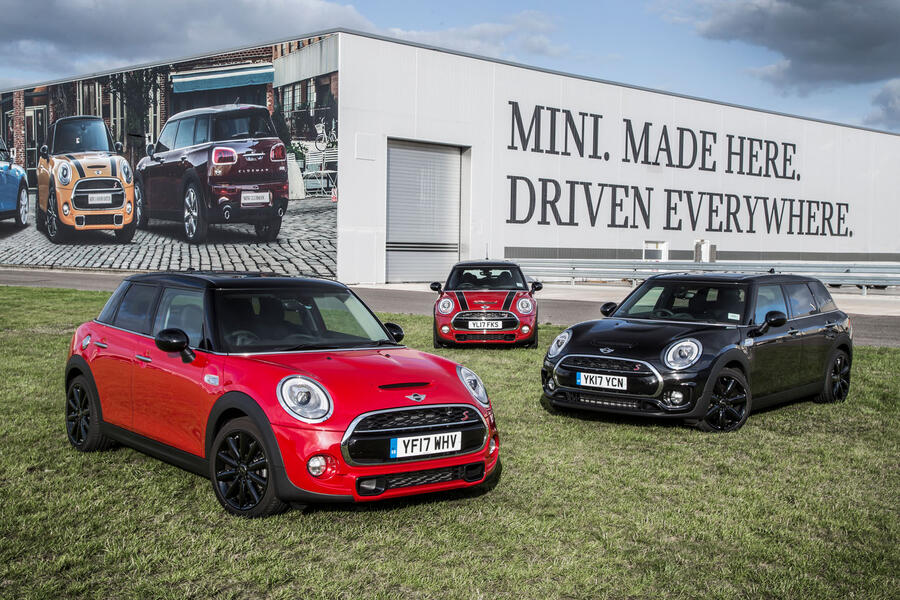
Add your comment